One common condition that affects the body’s arteries is high blood pressure. The other term for it is hypertension. The blood’s continuous forcefulness against the artery walls is a sign of high blood pressure. To pump blood, the circulatory system has to work harder.
Millimeters of mercury, or mm Hg, are used to measure blood pressure. A blood pressure measurement of 130/80 millimeters of mercury (mm Hg) or greater is generally considered hypertension.
What is hypertension?
Hypertension is a chronic medical condition characterized by persistently elevated blood pressure. This can have serious consequences, including cardiovascular disease, strokes, and kidney failure. As a result, it’s critical to monitor your blood pressure because it can make you feel great for years before it starts to harm you.
It is a common condition that affects approximately 100 million Americans. Approximately 30 million people are at risk of developing it. About 20% of these people have high blood pressure, another 20% have pre-hypertension, and the remaining 30% are considered normotensive (low risk of heart disease). Although men are more likely than women to develop hypertension, it is estimated that one in every three women will develop high blood pressure during their lifetime.
How High blood pressure situation occur?
Blood pressure is a measurement of the force of your heartbeat (pulse). When your heart beats, blood is forced through narrow arteries. High blood pressure occurs when the heart works harder than usual and the arteries constrict more than usual.
When this happens, the heart has to pump more forcefully to move the same amount of blood through the arteries. The greater the strain placed on your heart muscle, the faster and more forceful your pulse becomes.
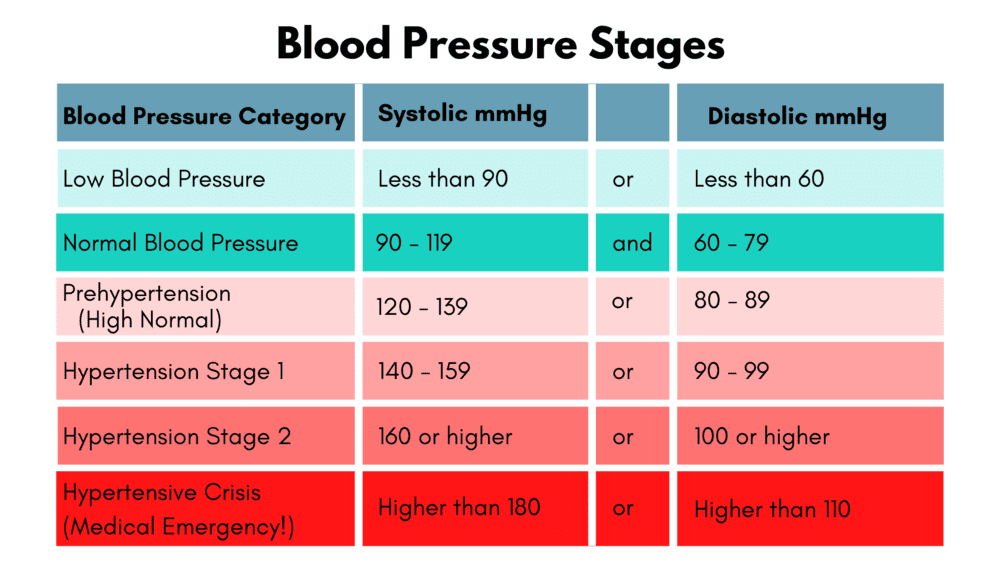
stages of blood pressure
The normal blood pressure for adults is around 120/80 mmHg. The average blood pressure, on the other hand, can vary from person to person. You have high blood pressure if your systolic blood pressure (the top number) is greater than 140 mmHg or your diastolic blood pressure (the bottom number) is greater than 90 mmHg. These are known as the upper limits of normal, and anything above these levels indicates that you have hypertension.
What are the signs and symptoms of hypertension?
The following are a few of the main symptoms:
The increase in blood pressure caused by each heartbeat can result in Heart issues, Arm pain, chest pain or tightness, and pale skin as a result of decreased oxygen flow through your body. This is because high blood pressure raises your pulse rate, which raises your need for oxygenated blood.
Causes of Hypertension:
The following are some of the most common causes of high blood pressure in the arterial body:
A 2010 study found that hypertensive patients were more likely to commit suicide with a firearm. Patients with a history of smoking or alcohol abuse were also found to be at a higher risk of gun suicide, with both groups having roughly twice the rate as those who had never smoked. Those with no family history of hypertension or only one relative with it had the lowest risk.
It is a major risk factor for cardiovascular disease, which is the leading cause of death both globally and in the United States. Furthermore, approximately half of all American adults have high blood pressure.
The most serious complication of high blood pressure is an increased risk of heart attacks, strokes, and kidney failure, which can lead to heart failure.
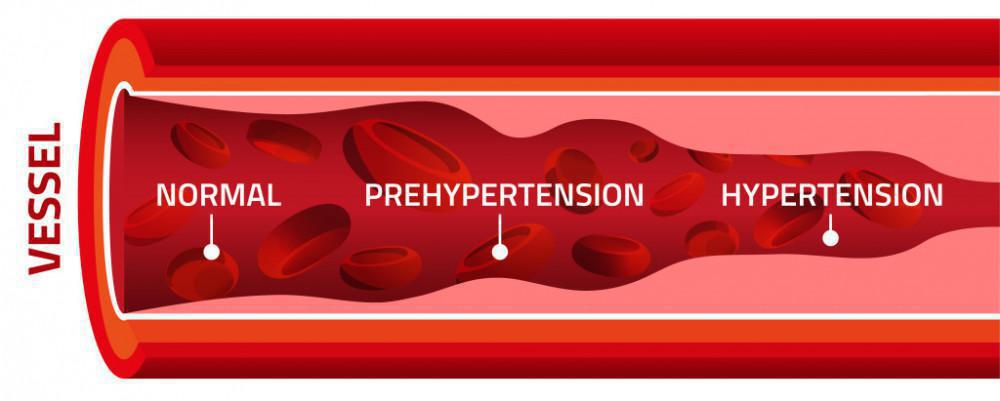
How to treat it?
A medical professional will usually start with lifestyle changes such as losing weight, quitting smoking, and drinking less alcohol, but for some people, this may not improve their symptoms. In that case, treatment could include medications or surgery.
Treatment for this varies depending on the severity of symptoms and complications, as well as the patient’s age and other health conditions. However, antihypertensive medications are the primary treatment for high blood pressure.
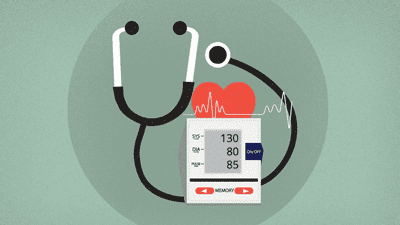 Based on their effect and function, there are several types of drugs used to treat it. Diuretics, beta-blockers, and calcium channel blockers are the three types. Diuretics were initially developed as a primary treatment for hypertension but were later shown in trials to be ineffective.
Based on their effect and function, there are several types of drugs used to treat it. Diuretics, beta-blockers, and calcium channel blockers are the three types. Diuretics were initially developed as a primary treatment for hypertension but were later shown in trials to be ineffective.
They are still used to treat congestive heart failure, and they are effective in treating hypertension when combined with other medications. Beta-blockers were developed as a treatment for heart disease and have since been shown to be effective in the treatment of hypertension. Calcium channel blockers are the most effective drugs for treating hypertension in general, but they do have some side effects.
Also can read: How to prevent heart attack and What is acid reflux and its home remedies
Although anti-hypertension medications are effective, their use is restricted due to their complicated dosage, side effects, and dietary complications.
Conclusion
Please consult your physician for further clarification and information regarding Hypertension. Besides, do follow a healthy dietary regimen and routine to stay wary of any such health issues or complications.

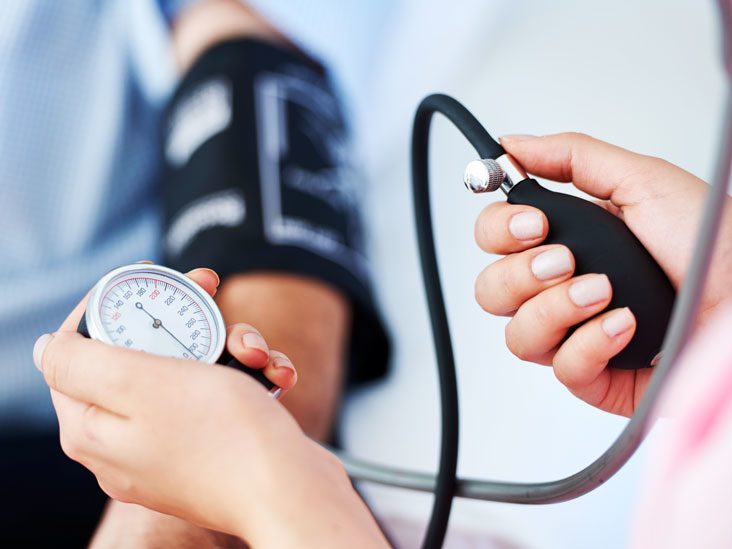
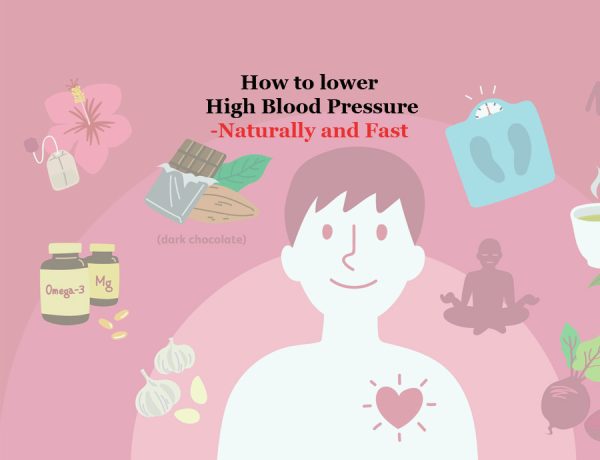
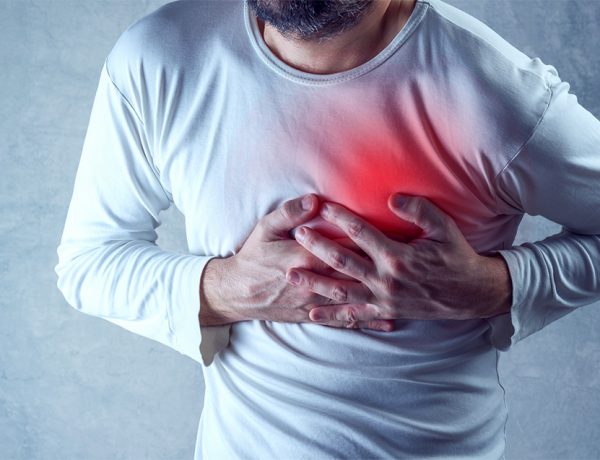
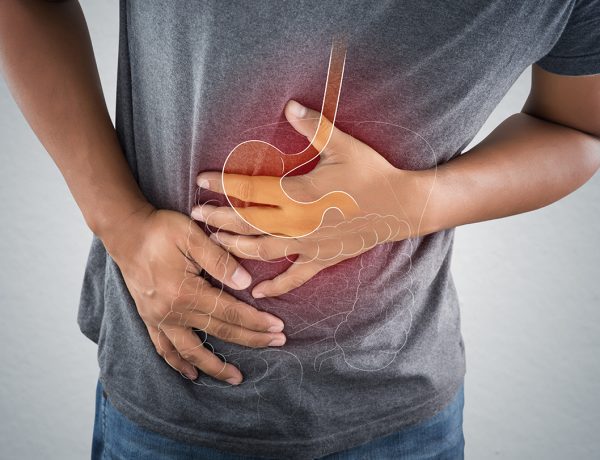










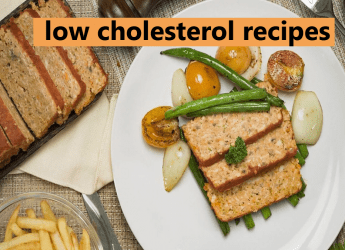


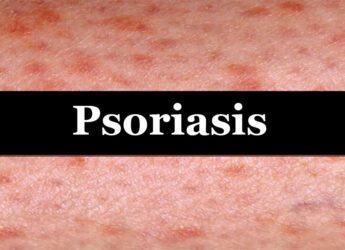





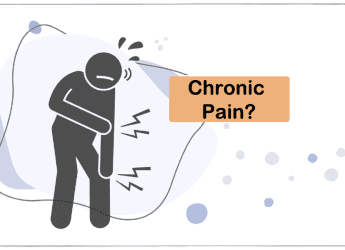

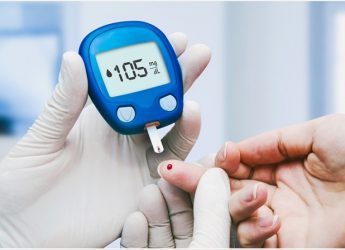

No Comments